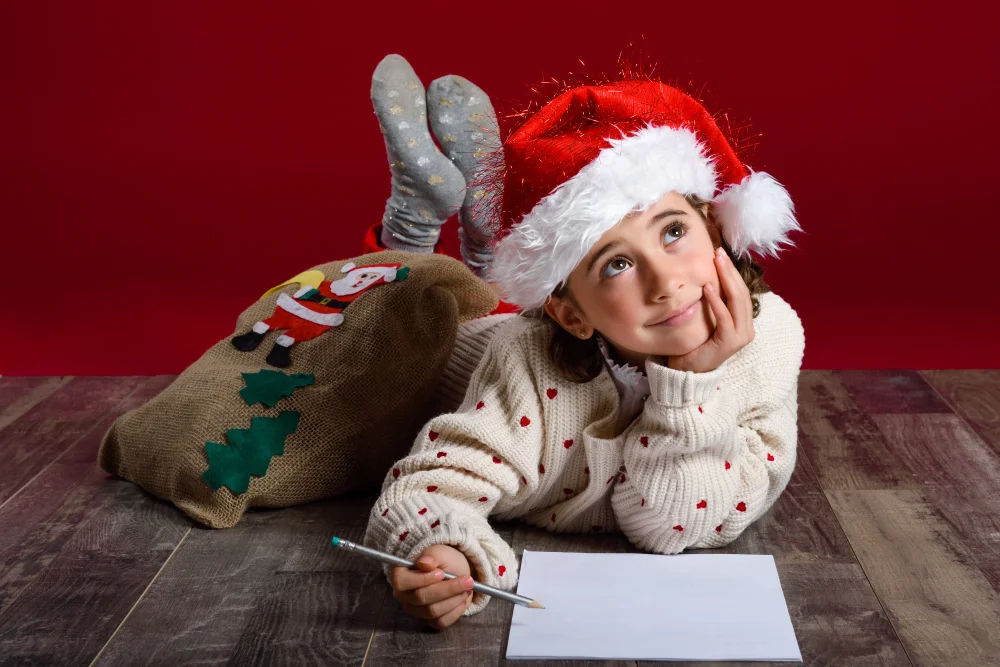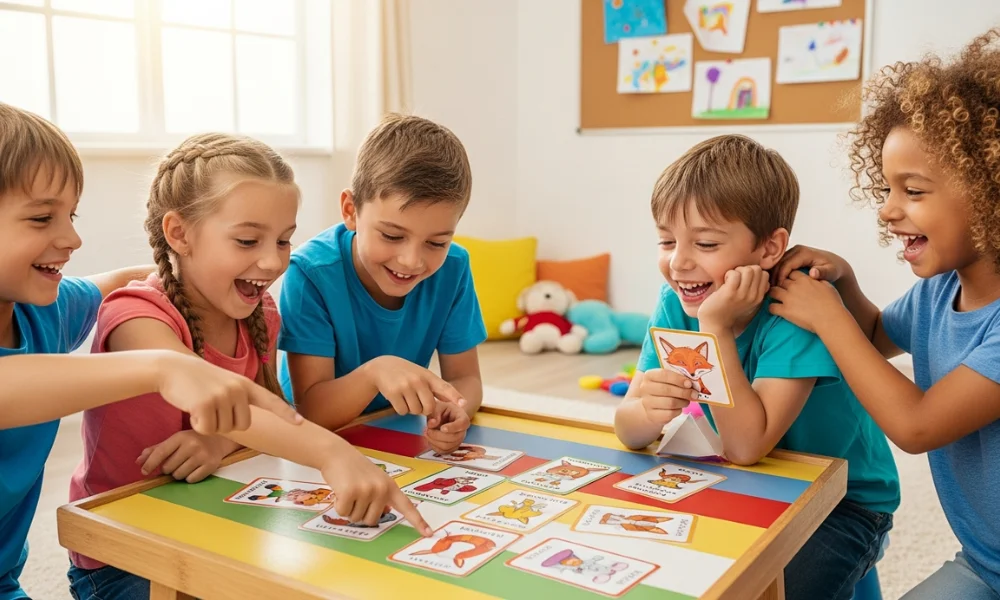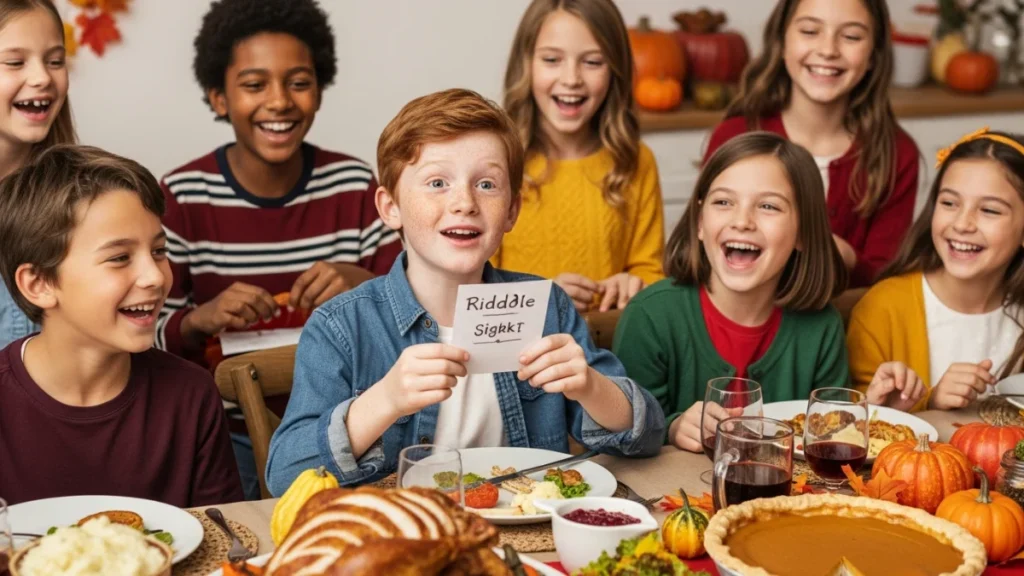When the new year begins, kids look for fresh reasons to smile, and January jokes for kids are one of the easiest ways to boost their mood. January is cold, cozy, and full of playful moments, which makes it the perfect month to enjoy simple, clean jokes that children can actually understand.
Because kids love humour that feels light and silly, this content focuses on easy language, friendly storytelling, and jokes related to winter, snow, and the joy of starting a new year.
This blog also uses natural language processing, semantic keywords, and strong readability techniques to make sure it is search-friendly and helpful for parents, teachers, and anyone looking for creative ways to entertain children. Although the jokes are simple, the article explains how humour supports learning, communication, and family bonding.
Why Kids Love January Jokes
January carries a special atmosphere cold mornings, warm blankets, school reopening excitement, and playful winter energy. Children enjoy jokes in this season because humour blends naturally with the environment around them.
When snow falls or the days feel shorter, light jokes help keep their spirits high. Moreover, kids often repeat jokes at school, turning them into fun social interactions.
Understanding humour also helps children strengthen language skills. They learn word meanings, timing, and expressions, often without even noticing. This makes January a great moment to introduce fun jokes that match their imagination. Since kids learn through repetition and play, seasonal jokes offer them a way to connect learning with joy.
How January Jokes Improve Kids’ Confidence

Although jokes may seem simple, they play an important role in a child’s emotional development. When kids share jokes, they feel included, expressive, and confident. Because January marks the beginning of new school activities, jokes help break the ice and encourage social interaction.
Children who laugh together build better friendships and feel more comfortable speaking up in class. This increases self-expression, which boosts communication skills.
Moreover, winter-themed humour works like a bonding tool. Parents can use jokes at breakfast, teachers can share them during morning meetings, and siblings can exchange jokes on cold evenings. These small moments create warmth in a month known for cold weather.
Here are some simple joke examples parents often use:
• Why did the snowman skip breakfast? He was already feeling a little frosty!
• What do you call a snowball that tells jokes? A “chuckle-ball!”
• Why did January bring a ladder? To start the year on a high note!
• Why do snowflakes make great friends? Because they’re always falling for you!
• What did the scarf say to the hat? “You go on ahead, I’ll hang around!”
• Why did the snowman stay calm? Because nothing could melt his cool!
• What kind of math do snowflakes love? “Snow-plus” problems!
• Why did January write a diary? To keep track of its cool memories!
• What do you call a snowman with a great sense of humour? A “pun-derful” snowman!
• Why did the mitten get promoted? It always knew how to handle things warmly!
• Why do snowmen never argue? They know it might turn into a meltdown!
• What did one snowflake say to the other? “You’re one of a kind!”
The Magic Behind Seasonal Humour
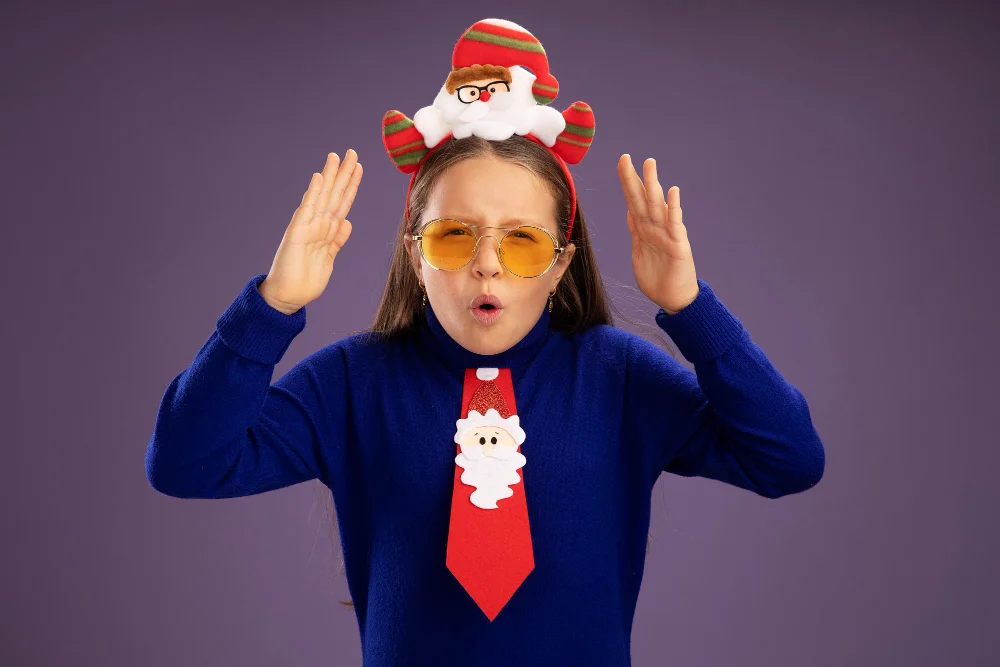
Seasonal humour makes the jokes more relatable because kids connect them with what they’re experiencing in real life. January humour usually focuses on snow, winter clothes, New Year celebrations, and animals staying warm. As a result, children quickly understand the context, making the joke easier to enjoy.
Parents also love seasonal jokes because they can use them in winter-themed activities. Whether you are decorating the house, drinking hot chocolate, or preparing for school, adding a bit of humour makes everything more cheerful.
Teachers also enjoy January jokes because they help start classes with a positive mindset and allow kids to settle back into routine after vacation.
Best Easy January Jokes for Kids
Kids enjoy jokes that are simple, quick, and easy to repeat. When jokes match their age and understanding level, they repeat them confidently and share them proudly with friends. Below is a list of child-friendly jokes that focus on winter, snow, and the playful spirit of January.
Here are some easy joke examples parents often use:
-
Why did the snowman read so many books? Because he wanted to chill with stories!
-
What’s January’s favourite snack? Ice-cream sandwiches!
-
Why did the calendar start jogging? To stay ahead of time!
-
What do you call a snowman’s dog? A slush-puppy!
-
Why don’t mountains get cold in January? They wear snow caps!
-
What do snowflakes play in January? Cool-hide-and-seek!
-
Why did the snowman bring a pencil? In case he needed to draw a “cool” conclusion!
-
What’s a snowman’s favourite breakfast? Frosted flakes!
-
Why did January bring a broom? To sweep in the new year!
-
What do you call a snowman who tells good jokes? A funny frost!
-
Why did the scarf go to school in January? It wanted to get a little warmer with friends!
-
What do snowmen do when they feel tired? Chill out!
-
Why did the snowflake sit near the computer? It wanted to “freeze” the screen!
-
What’s a snowman’s favourite school subject? Snow-cial studies!
-
Why did January take a ladder to the party? To reach new heights this year!
Adding Humour to Winter Activities
The best thing about January jokes is that you can use them in daily routines. Kids love hearing jokes when they wake up, before school, during homework breaks, or when they settle for bedtime. Humour makes every moment feel lighter.
Even short conversations become memorable when you include a funny twist. The month already feels special, so adding a joke makes it even more magical.
Parents can write jokes on lunchbox notes or say them while tying shoelaces. Teachers can add winter jokes to classroom boards. Siblings can tell them while playing board games or watching cartoons. Through small moments like these, winter feels warmer and more joyful.
Fun January Jokes for Group Activities
Group humour encourages teamwork. When children work together on winter crafts or reading activities, adding jokes keeps them engaged. Humour also helps shy kids participate because jokes are low-pressure and easy to share. They don’t require complicated knowledge, and the reaction laughter createsan instant connection.
Here are some jokes perfect for group settings:
-
What does January say when it sneezes? “Happy ACHOO Year!”
-
Why did the snowflake sit by the window? I wanted to see how the world melts!
-
What do you call a frozen cow? An “ice-cream maker!”
-
Why did the snowman wear a scarf to school? Because he wanted to look “cool!”
-
What’s January’s favourite subject? Snow-cial studies!
-
Why did the snowman go to the doctor? He felt a little “chill.”
-
What do you call a snowflake that tells jokes? A “laugh-flake!”
-
Why did the kid bring a ladder in January? To reach the “high” temperatures!
-
What’s a snowman’s favourite game? Freeze tag!
-
Why was the mitten sad? It felt left out in the cold!
-
What does January put on its toast? Frosting!
-
Why did the snow shovel get promoted? It really knew how to handle pressure!
-
What kind of ball doesn’t bounce in winter? A snowball!
-
Why did the icicle get in trouble? It was too sharp with its words!
-
What did the snowman say to the warm sun? “Don’t melt my vibe!”
Helping Kids Create Their Own Winter Jokes
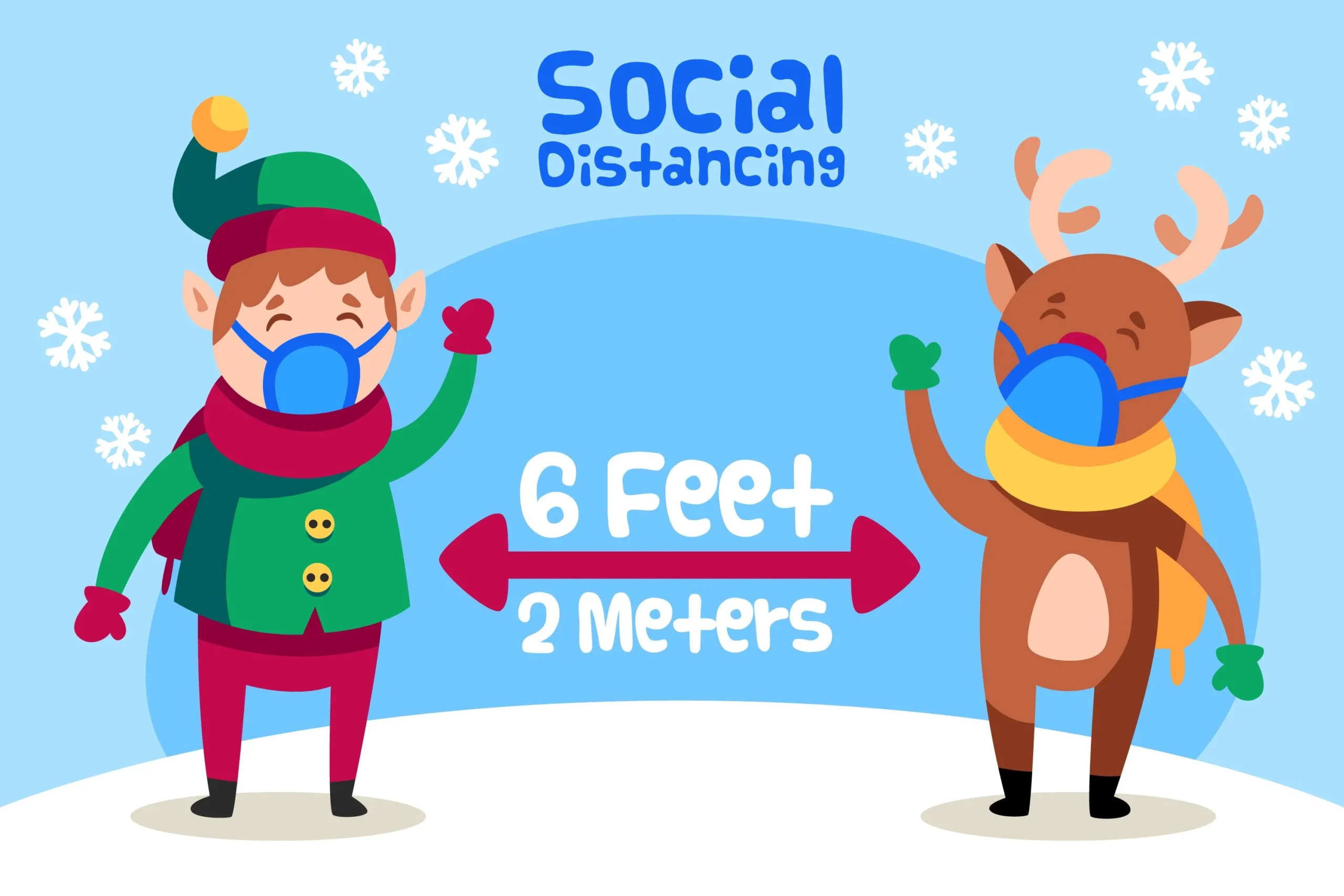
Creating jokes is a fun activity that boosts creativity. Kids love experimenting with words, and January themes such as snow, boots, snowmen, scarves, and hot chocolate give them many ideas. When they invent their own jokes, they develop imagination and storytelling skills.
January-Themed Jokes for Kids
-
What would a snowman say if he were late for school?
“Sorry, I got stuck in a traffic snowstorm!” -
What would a scarf do if it could talk?
“I’m just here to wrap things up!” -
How would snowflakes greet each other?
“Ice to meet you!” -
What did January say to February?
“Don’t worry, I’ll chill until it’s your turn!” -
Why did the snowman bring a pencil to class?
Because he wanted to draw more cool ideas! -
Why do snowflakes never argue?
Because they always fall into agreement! -
What did the winter hat say to the head?
“I’ve got you covered!” -
Why did the snowball go to school?
To get a little brighter before it melted! -
How do snowmen send letters?
By cold mail delivery! -
What kind of homework do snowflakes like?
Freeze-frames! -
Why was the snowman a good listener?
Because he had frost-class manners! -
What did the boots say to the snowy ground?
“We meet again!” -
Why did January bring a broom to school?
To sweep away last year’s mistakes! -
How do snowmen tell stories?
They flake it till they make it! -
Why did the icicle join the school choir?
Because it had a sharp voice!
Encouraging children to invent jokes improves vocabulary, reasoning, and expression. It also makes them feel proud when they make others laugh.
More January Jokes for Kids
January jokes keep kids smiling through the cold days. Because winter creates playful scenes, children enjoy imagining what snowmen, snowflakes, and winter animals might say or do.
These jokes below are simple enough for all ages and fun enough to repeat anytime:
-
What did the snowman pack for lunch?
A cold sandwich! -
Why did the snowflake bring a ladder to school?
It wanted to reach new heights! -
What do snowmen use to check the weather?
A frost forecast! -
Why did January sit near the window?
To enjoy its cool view! -
What did the scarf say to the sweater?
“Let’s stick together, it’s chilly out there!” -
Why did the snowman join the art club?
Because he loved drawing attention! -
What do snowflakes eat for breakfast?
Frosted flakes! -
Why did the snowman stop telling jokes?
They kept getting cold reactions! -
What do you call a snowman with a map?
A navigator of chill! -
Why did the snowball not fight?
It didn’t want to crack under pressure! -
How does January keep its hair neat?
With a cool breeze comb! -
What did the boots say after a long walk in the snow?
“That was toe-tally freezing!” -
Why did the snowflake join the choir?
Because it had perfect pitch! -
What do you call a snowman who loves math?
A num-berrrrr master! -
Why did the icicle get promoted?
Because it was sharp and always on point!
Final Thoughts on January Humour for Kids
January jokes are more than quick giggles; they build memories. The season’s charm makes humour feel natural and enjoyable. Kids remember these jokes throughout winter, repeat them proudly, and share them with friends and family. As parents and teachers encourage laughter, they help children grow emotionally and socially.
By adding humour to cold mornings and cozy evenings, families create warmth that lasts long after January ends. These jokes support language learning, creative thinking, and happy bonding moments, making the winter season more magical for children.
